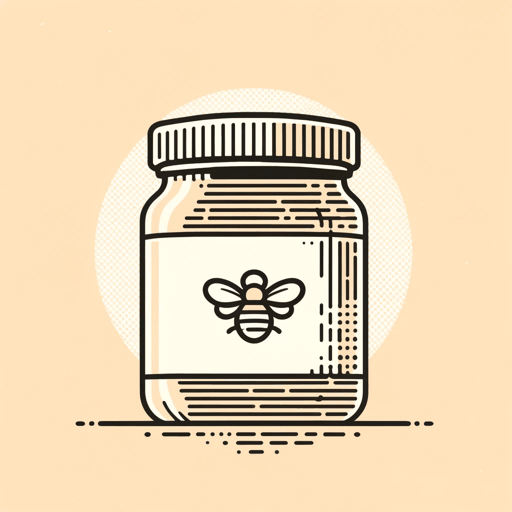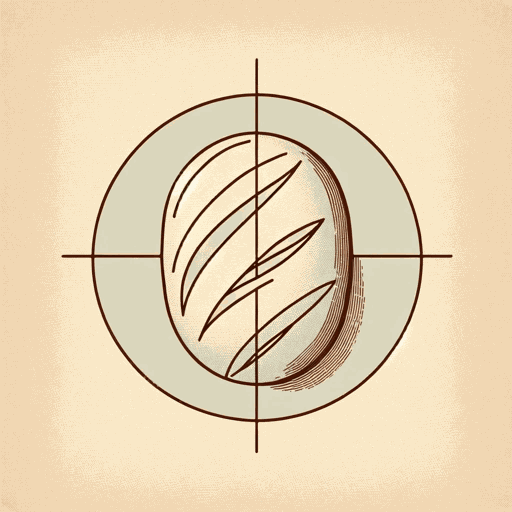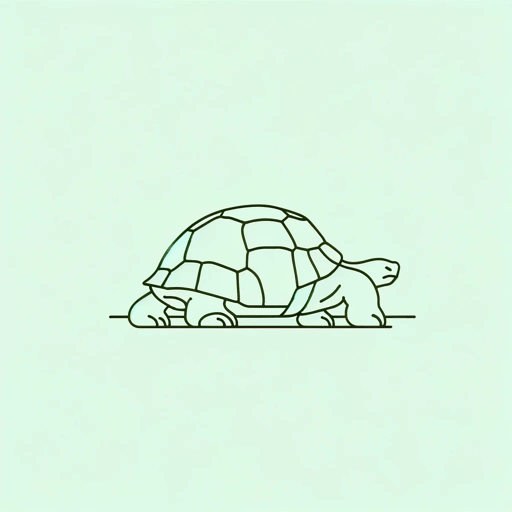68 pages • 2 hours read
Jodi PicoultHandle With Care
Fiction | Novel | Adult | Published in 2009A modern alternative to SparkNotes and CliffsNotes, SuperSummary offers high-quality Study Guides with detailed chapter summaries and analysis of major themes, characters, and more.
Important Quotes
Content Warning: This section of the guide includes depictions of medical procedures and trauma, self-harm, sexual assault, suicide, disordered eating, outdated and offensive mental health beliefs and terminology, police brutality, and the death of a child.
“It was a plea for mercy in black and white, until you read between the lines: here was the first time I lied, and said that I wished you’d never been born.”
(Prologue, Page 11)
Under Piper’s advice, Charlotte signs a DNR for Willow. She confirms that she does not in fact wish that Willow hadn’t been born, an assertion that other characters will question throughout the novel. This quote is ironic because nothing about Willow’s existence is “black and white,” and her life will force all of the characters to consider murky ethical matters.
“You were, in general, full of information no one else knew or cared about, because you read all the time, or surfed the Net, or listened to shows on the History Channel that put me to sleep. It freaked people out, to come across a five-year-old who knew that toilets flush in the key of E-flat or that the oldest word in the English language is town, but Mom said that lots of kids with OI were early readers with advanced verbal skills. I figured it was like a muscle; your brain got used more than the rest of your body, which was always breaking down; no wonder you sounded like a little Einstein.”
(Part 1, Chapter 1, Page 19)
This quote introduces one of the central symbols in the novel, Willow’s trivia. Additionally, it highlights the theme of Visible and Invisible Illnesses and Disabilities. People assume Willow will behave less maturely than she does because of her OI and rarely can look past the physical manifestation of her disability. Amelia uses hyperbole to highlight how frequently Willow breaks bones by comparing her to Einstein, a very intelligent scientist.
“Everything that had ever been good and kind in me, everything people imagined me to be, had been poisoned by the part of me that had wished, in the darkest crack of the night, that I could have a different family. The real me was a disgusting person who imagined a life where you had never been born.”
(Part 1, Chapter 2, Page 27)
Amelia thinks this before she purges for the first time, implying that her family dynamics are the root of her mental health conditions and that she feels guilty for wanting a different family. However, like her bulimia, she will keep these thoughts a secret, because she feels shame about her true feelings. By suggesting the “good and kind” parts of her have been poisoned, Amelia implies that she knows, deep down, she is a good person who has been affected by external factors.
Related Titles
By Jodi Picoult

A Spark of Light
Jodi Picoult

Between the Lines
Jodi Picoult, Samantha van Leer

House Rules
Jodi Picoult

Leaving Time
Jodi Picoult

Mad Honey
Jodi Picoult, Jennifer Finney Boylan

Mercy
Jodi Picoult

My Sister's Keeper
Jodi Picoult

Nineteen Minutes
Jodi Picoult

Plain Truth
Jodi Picoult

Salem Falls
Jodi Picoult

Small Great Things
Jodi Picoult

The Book of Two Ways
Jodi Picoult

The Pact
Jodi Picoult

The Storyteller
Jodi Picoult

The Tenth Circle
Jodi Picoult

Vanishing Acts
Jodi Picoult

Wish You Were Here
Jodi Picoult

